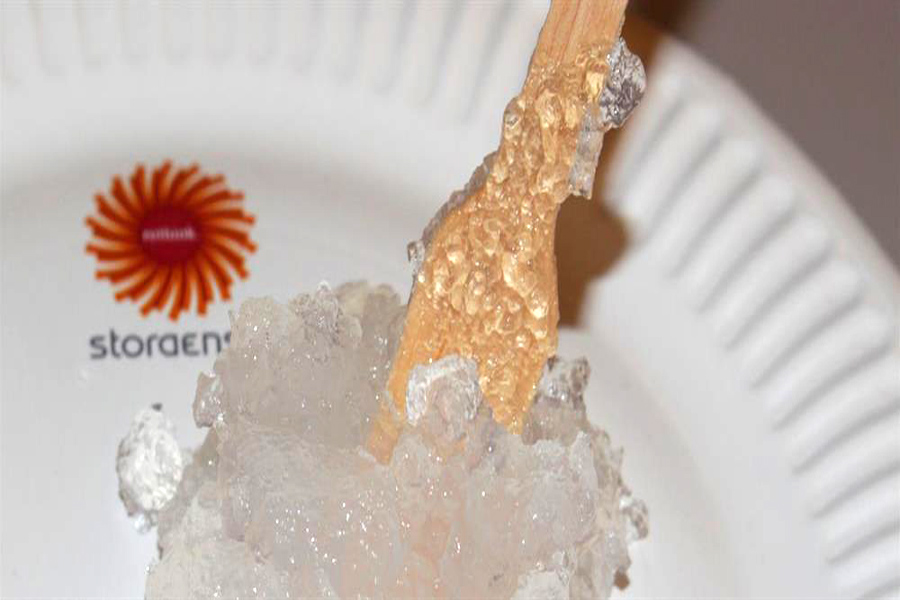 A future for MFC
A future for MFC
In January this year, Stora Enso announced investments in its consumer board mills in Imatra and Ingerois, Finland, and Fors, Sweden. The intention of these investments is to continue the commercialisation of microfibrillated cellulose (MFC) as well as accelerate product development.
Initially focused on the liquid packaging board segment, Stora Enso is the first company to have successfully launched a commercial paperboard packaging including MFC. Commercial activity started in 2015 at the Stora Enso Imatra plant, which is the world’s largest MFC facility. Today, raw material is provided for selected commercial consumer board solutions, enabling lighter weight packaging while maintaining stiffness and internal strength.
In packaging, MFC brings advantages in source reduction, strength enhancement, lightweighting and renewable barrier materials. Due to its exceptionally high strength properties and 100% renewable raw materials, MFC is designed to outperform current fossil-based materials, such as plastics, in a variety of applications.
“There is a big pull in the market for fossil-free materials for the packaging industry. Plastics in the sea, global warming and mounting waste – these are all challenges and pressing consumer and industrial demand for better solutions. Additionally, major companies and brand owners have targets to reduce their environmental footprint. We are all on the same train here,” says Jukka Kankkunen, who works with the MFC Commercialisation, Consumer Board.
Moving ahead, Stora Enso will continue to focus on source reduction and fibre-based packaging that consumes less raw materials. In parallel, we are exploring barrier layers for grease, mineral oil and oxygen, as well as biodegradable film as a replacement for aluminum in paperboard packaging. These have potential in markets such as fast food and long shelf-life products like jams, juice, sports drinks, candy and snacks.
“According to one of our customers, aluminum film carries as much as 50% of the CO2 footprint of their primary packaging material. Imagine millions and millions of food and beverage products. Reducing the aluminium component could make a big difference,” concludes Jukka.
